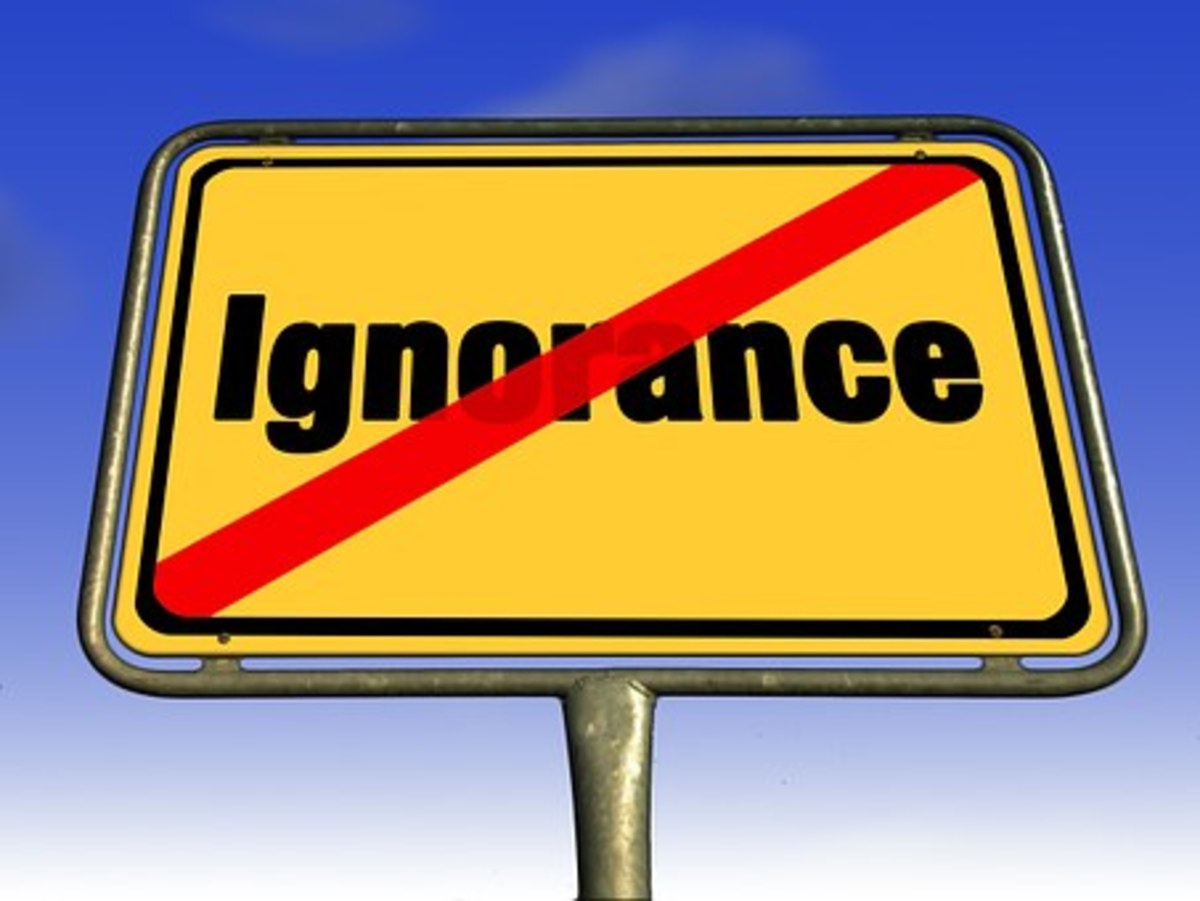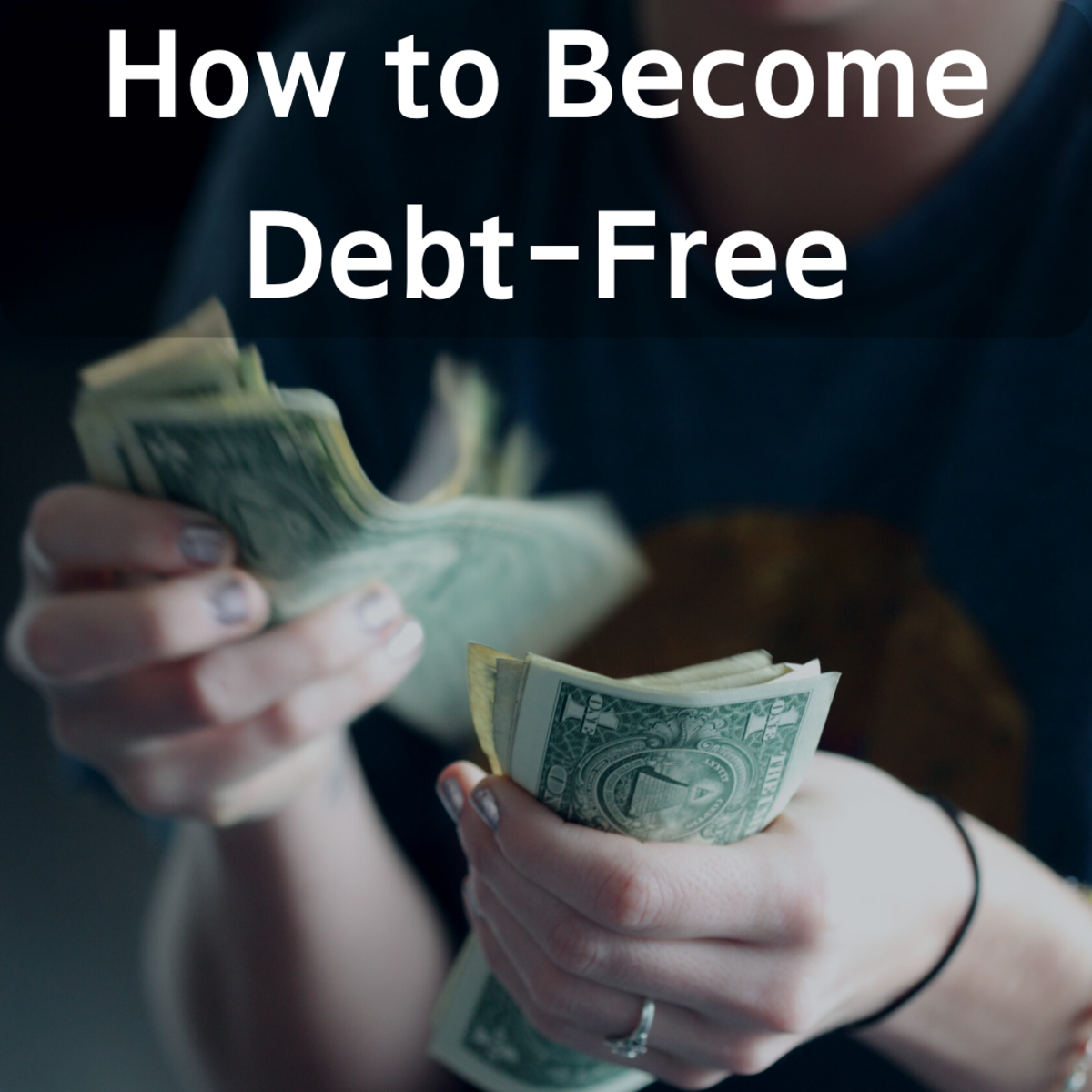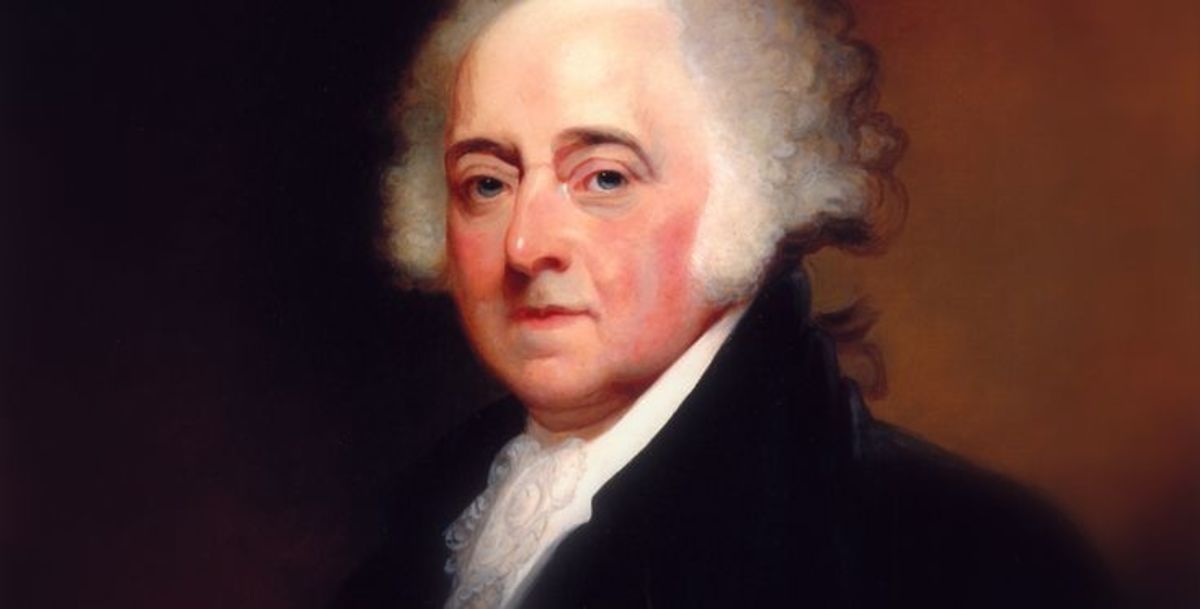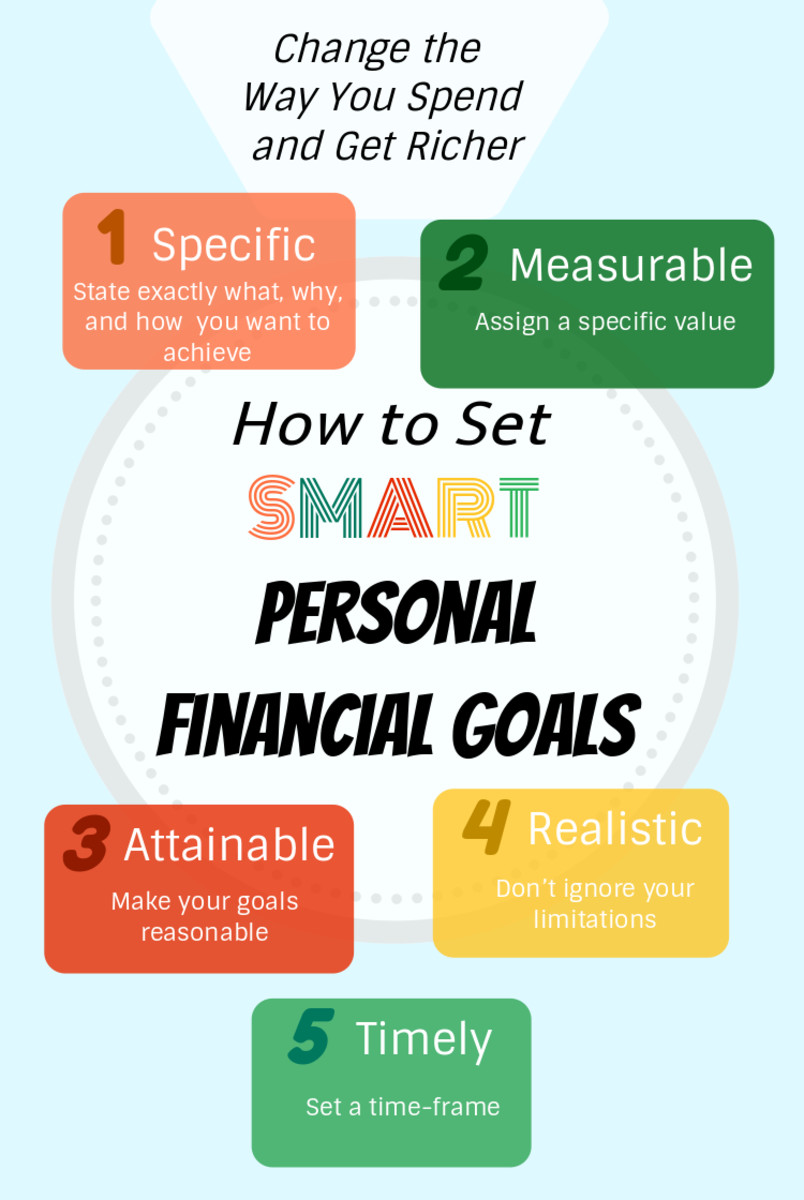Understanding Finances, the Economy, & Staying out of Debt
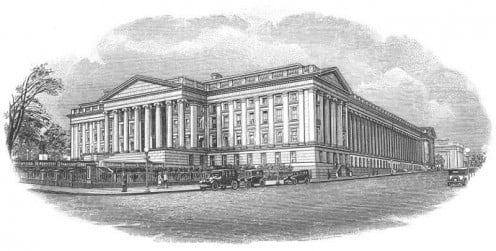
Understanding Finances
One of the best ways to understand finances is to understand what is going on at the governmental level and in the economy in general. It can help one to make better decisions both for your own life and family but also to help in knowing how to vote in the future. If your country's finances are "broken", or if you are headed toward a depression, then what good are your own finances to you? Even if you can't stop it, knowledge is power in regards to helping yourself through a hard time should the country experience big financial problems.
Many people want to save, or invest their money for many reasons. Understanding that the economy has a direct bearing on what investments of ours do well, is critically important. So, we rightly want a healthy economy. Understanding how things were in the past that caused a country to thrive are things we will want to replicate. Watching how a country can make decisions that land it in more and more debt is something we will want to avoid as much as possible.

Before the 20th century, the US economy operated by a monetarist, or free market economic idea. This philosophy was a great one in many respects because if the government didn't run a lean and efficient "machine", then it simply would shut down! The short version of what a monetarist or free market theory means, is simply that the government plays no or a very little role in determining the direction of the economy. We have been coming away from this idea for a long time, and the increasing billions of dollars of debt in just these last few years should be alarming to us all.
Before this last century, if the economy slid into a recession, or a depression, the government didn't feel it necessary to bail it out, or really step in at all. On top of this, the average American didn't expect government intervention. The idea was, that if private businesses caused problems, then they were the ones responsible for helping to fix those problems. This makes logical sense.
You also didn't see Americans drawing welfare from the government. The idea of a farmer getting paid to not grow food was a crazy idea. People that weren't really homeless, that didn't want to work were called "bums" (gasp, I know that's not probably PC there!) The government didn't help in subsidizing loans. The U.S. has come very very far, and we are in a huge debt that can make ones mind swim in discouragement.
Imagine this, a people that worked, that were allowed to keep what they made, even up to 100% of what they earned! Imagine a time were taxes were collected through tariffs, by selling goods. There was no confiscating of income. These kinds of governments, run lean and efficient and avoid debt. Otherwise, they would shut down. Not necessarily saying here we should jump back to these ways, nor that we could. What is important though, is to realize how far we have come, and how far we keep going from what was a working system. Do we really want to get further into debt for our children and grandchildren? Even if you don't have children, what about doing your part for future generations that will live on the planet where you and I voted to make it better or worse? Just giving some food for thought.
John Maynard Keynes
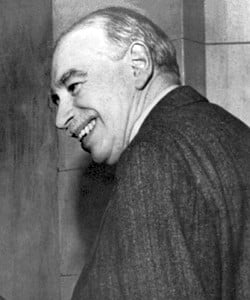
Importing New Ideas, good or bad?
We imported an European idea, one more along the lines of socialism. We adopted some ideas from a key socialist British economist named John Maynard Keynes. In Europe, he helped to establish the idea of government intervention in private businesses(in European academia). He believed it is the role of the government to manipulate their economies of their given country, so they could lessen the effects of economic cycles. For instance, during good economic times, the government should force taking funds from the economy to put toward social mandated programs such as health care and jobs, etc.
Some might have thought these were great ideas, and it really doesn't sound so bad until you see how they play out over time. We now have the advantage of 20/20 vision, to see if it has helped the countries or hurt them and caused them to be in a poor way, financially. When you owe, you are controlled to some degree by the others you are indebted to. The same is true for governments. A super power doesn't stay a super power when it is controlled by other countries economies and we become to reliant on them and are indebted to them. Even if we don't care to see it, they do and some might see how it will play into their hands.
Its different for a country that is a poorer nation to begin with, but to really test out the ideas of John Maynard Keyes, it is critical to see what it has done to a country that was doing a lot better, financially, like the United States. So it was a kind of interesting experiment to do in America, where there was the strongest economy with amazing amounts of surpluses to whittle away at. These ideas have swept world over, and they are parent to the International Monetary Fund and the World Bank.
Final thoughts
Some of the things that show the problem with governmental manipulation is that each action creates an even greater reaction. Each action requires even more manipulation, and you can see how the idea can have snowballing effect. Lowering interest rates and making credit appear out of thin air obviously can stimulate an economy. The laws of supply and demand will always be in play and more people will always continue to compete for available products. Then prices go up, then we have inflation. As this happens, and the government creates "new money" out of thin air. We then have rapidly changing ratios. You can see examples of this in history, like with gold.
The economy has a direct effect on any of our investing philosophies, whether we want it to or not. So it is essential that we understand all of these things so that we can help in knowing best how to stay out of debt and build up our own savings. Those things are key to being financially successful.

